Nine University of Guelph research projects will receive more than $1.1 million for studies ranging from cutting-edge materials to forest health to big data in sport.
The investment comes from the Canada Foundation for Innovation (CFI) through its John R. Evans Leaders Fund, which helps universities recruit and retain outstanding faculty by supporting the purchase of equipment and facilities needed for discovery and innovation.
These U of G awards are part of more than $113 million in CFI funding to support 396 new research infrastructure projects at 56 universities across Canada.
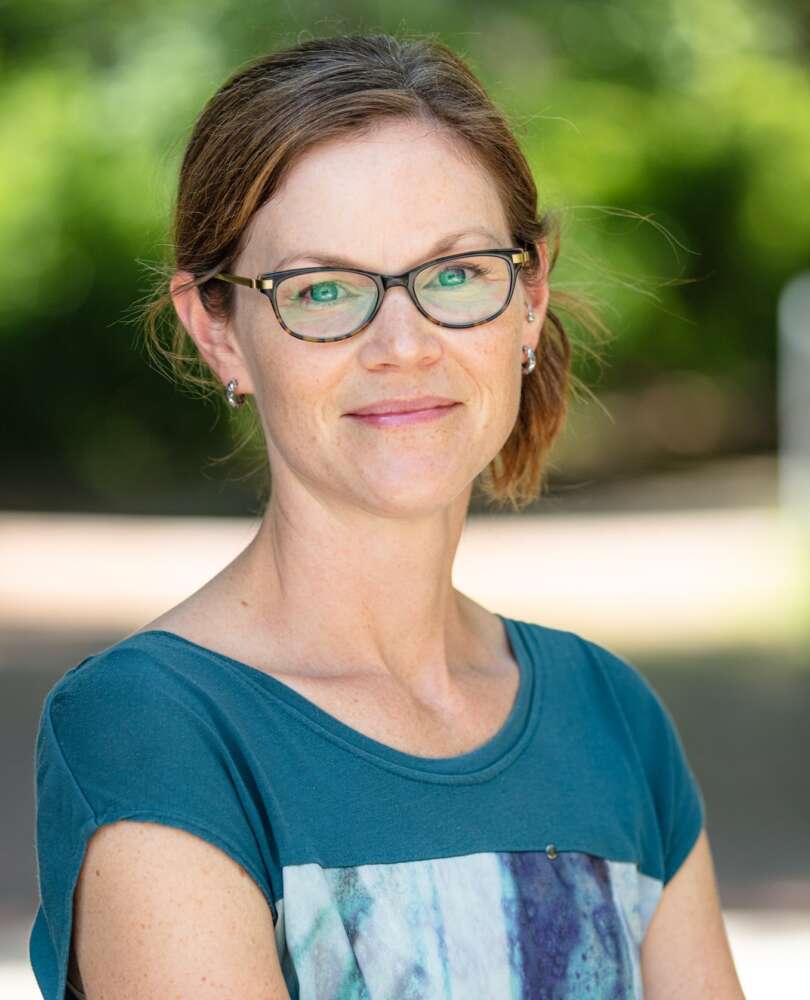
Dr. Sarah Alderman
Department of Integrative Biology
College of Biological Science
Neurogenesis, or the formation of new brain cells, or neurons, is critical to lifelong learning. Alderman will receive $87,595 to study how stress affects this process in zebrafish.
In addition to investigating how environmental factors affect organisms’ adaptation to climate change, she hopes to learn how stress affects the human brain, leading to conditions like depression.
Alderman will acquire a fluorescence-activated cell sorting system to analyze the properties of newly generated neurons.
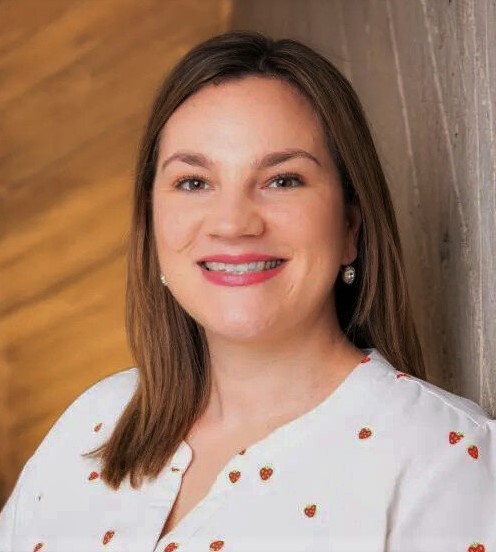
Dr. Jennifer Murphy
Department of Chemistry
College of Engineering and Physical Sciences
Murphy and Dr. Kathryn Preuss will receive $305,000 for a state-of-the-art single crystal X-ray diffractometer. The device will allow them to analyze, understand and refine the properties of innovative new materials they are creating.
Murphy develops materials called sorbents that will capture industrial carbon emissions from the atmosphere efficiently and sustainably. Sorbents can help mitigate the impact of climate change by sequestering CO2 long-term or by diverting it for use in products such as fine chemicals, synthetic gases and polymers.
Preuss intends to discover, design and refine new materials to support the development of new technologies such as quantum computing. She will focus on smart materials, which change behaviour under stimuli such as light, heat, electricity or magnetism.
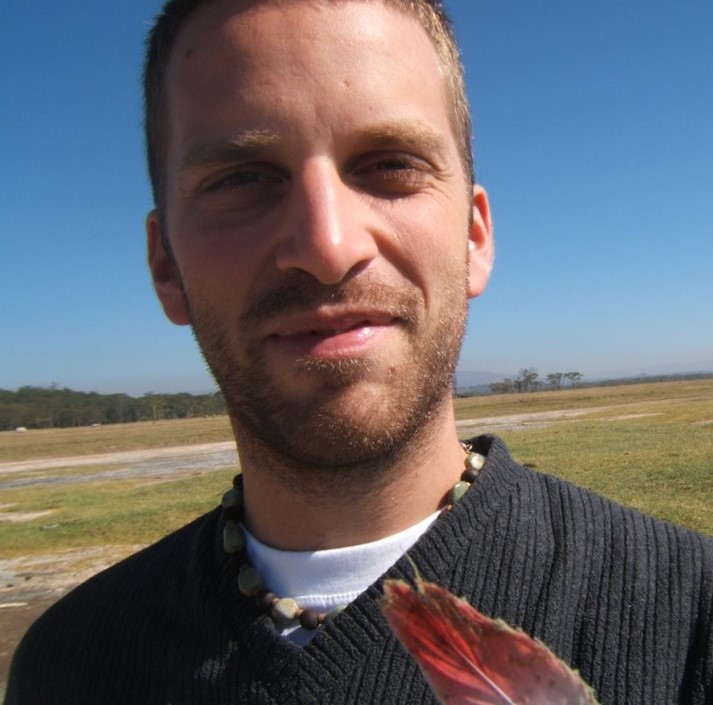
Dr. Ben Devries
School of Geography, Environment and Geomatics
College of Social and Applied Human Sciences
Devries will receive $116,258 to develop a sensor-equipped unpiloted aerial vehicle (UAV) that examines pest impacts on forest ecosystems in finer detail than in satellite imagery alone.
He and his team will study vulnerable Eastern hemlock stands in Ontario over a five-year period, generating data that will help forest conservation efforts and provide new methods for the early detection of invasive pests.
Their innovative approach to monitoring forest health will be useful around the globe under climate change and other human-related activities.
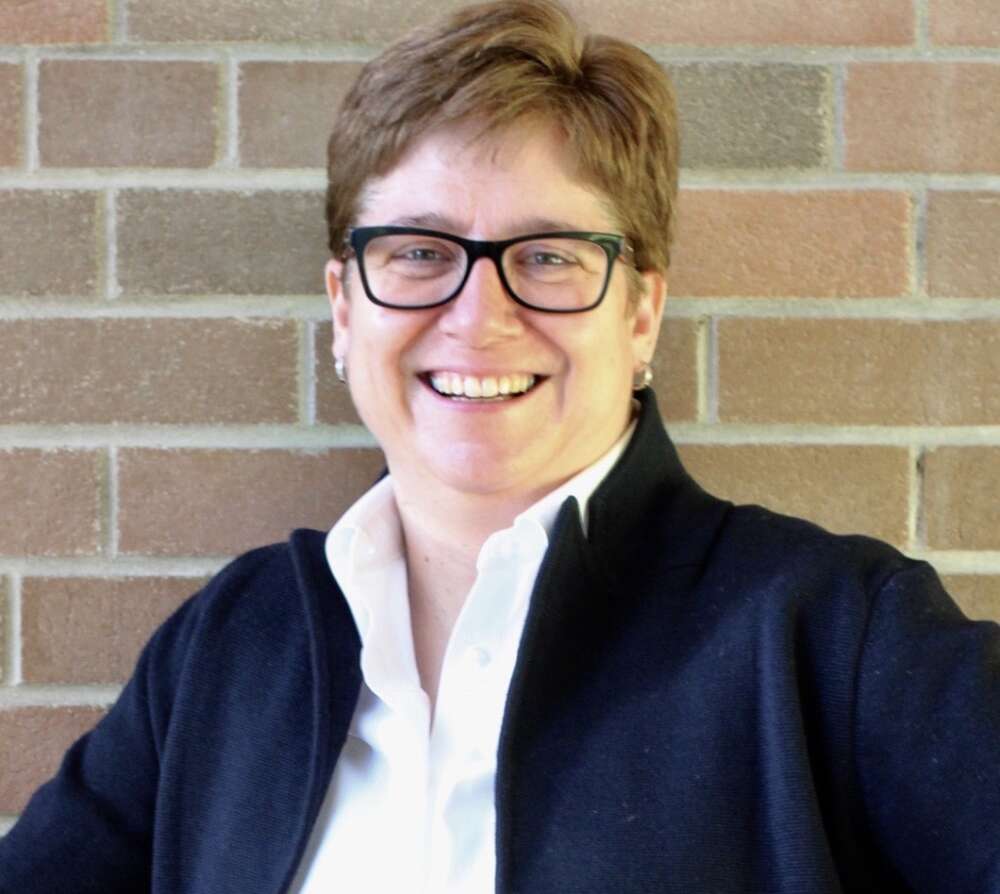
Dr. Ann Pegoraro
Department of Management and Lang Chair in Sport Management
Gordon S. Lang School of Business and Economics
Pegoraro, Dr. Heather Kennedy, Department of Management, Lang School, and Dr. Ritu Chaturvedi, School of Computer Science, CEPS, will receive $54,121 to establish Sportacle, a digital platform that will collect, store and analyze big data in sport management.
The platform will enable innovative and collaborative research by the team by consolidating existing research data, integrating new datasets and providing advanced statistical and analytical tools.
Using Sportacle, the team aims to answer complex questions such as how digital platforms like TikTok influence sports fandom, how a sports team manages its brand including during a crisis, and how activism — such as the fight for equal pay for women athletes — impacts the perceptions and experiences of fans.
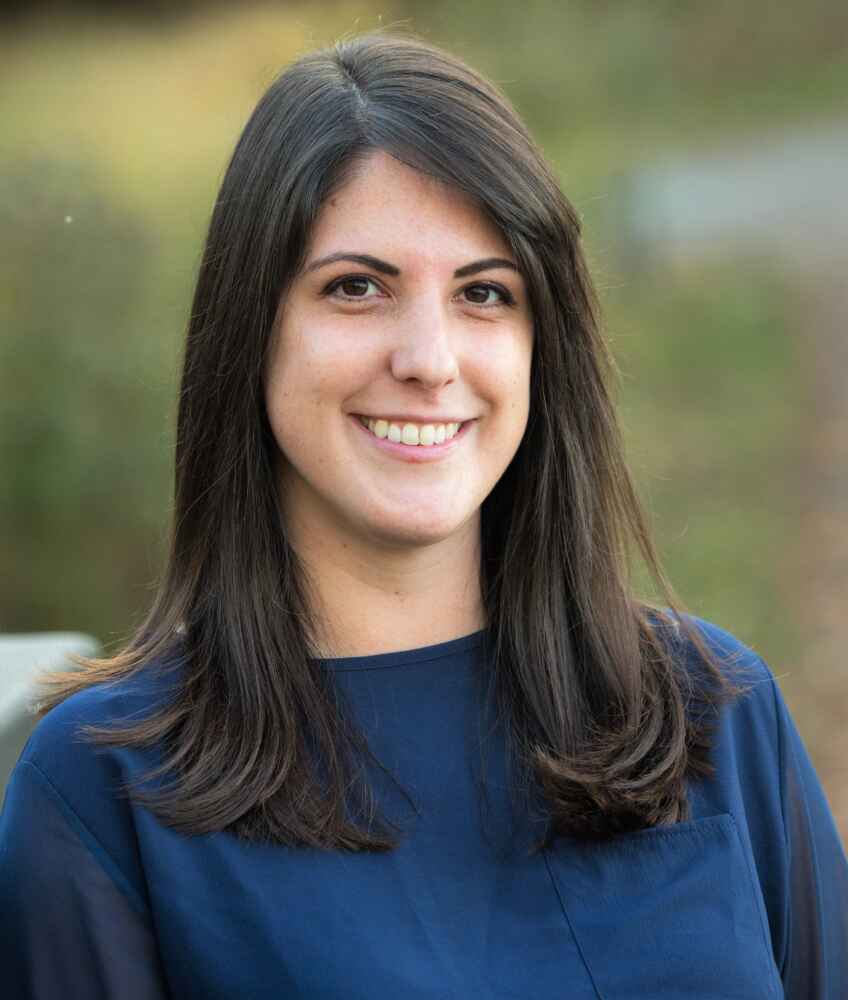
Dr. Samantha Payne
Department of Biomedical Sciences
Ontario Veterinary College
After being injured, many non-mammalian species regenerate tissue. Humans and other mammals typically scar instead, which can lead to impaired function and disability.
To understand why animals respond differently to injury, Payne will receive $96,279 to study the role nerves play in regeneration and scarring. Her research will benefit human and animal patients by contributing to new therapeutic approaches to encourage wound healing with less scarring.
She will acquire a multi-purpose imaging system to visualize samples and record cell behaviour with time-lapse microscopy.
Other JELF funding recipients
- Dr. Joanna Bernhardt, Department of Integrative Biology, $90,000
How changing environmental conditions alter the physiology, abundance and distribution of aquatic species and how these changes might affect seafood nutrition for humans - Dr. Georgina Cox and Dr. Rebecca Shapiro, Department of Molecular and Cellular Biology (CBS), $101,392
Drug resistance in pathogenic bacteria and fungi - Dr. Derek O’Flaherty, Department of Chemistry, $261,510
Interactions between short sequences of DNA or RNA and proteins, especially those related to human diseases, food allergies and gene expression (with Dr. Rui Huang and Dr. Richard Manderville) - Dr. Travis Steffens, Department of Sociology and Anthropology, $31,503
How humans and environmental factors influence the distribution of endangered lemurs in Madagascar
